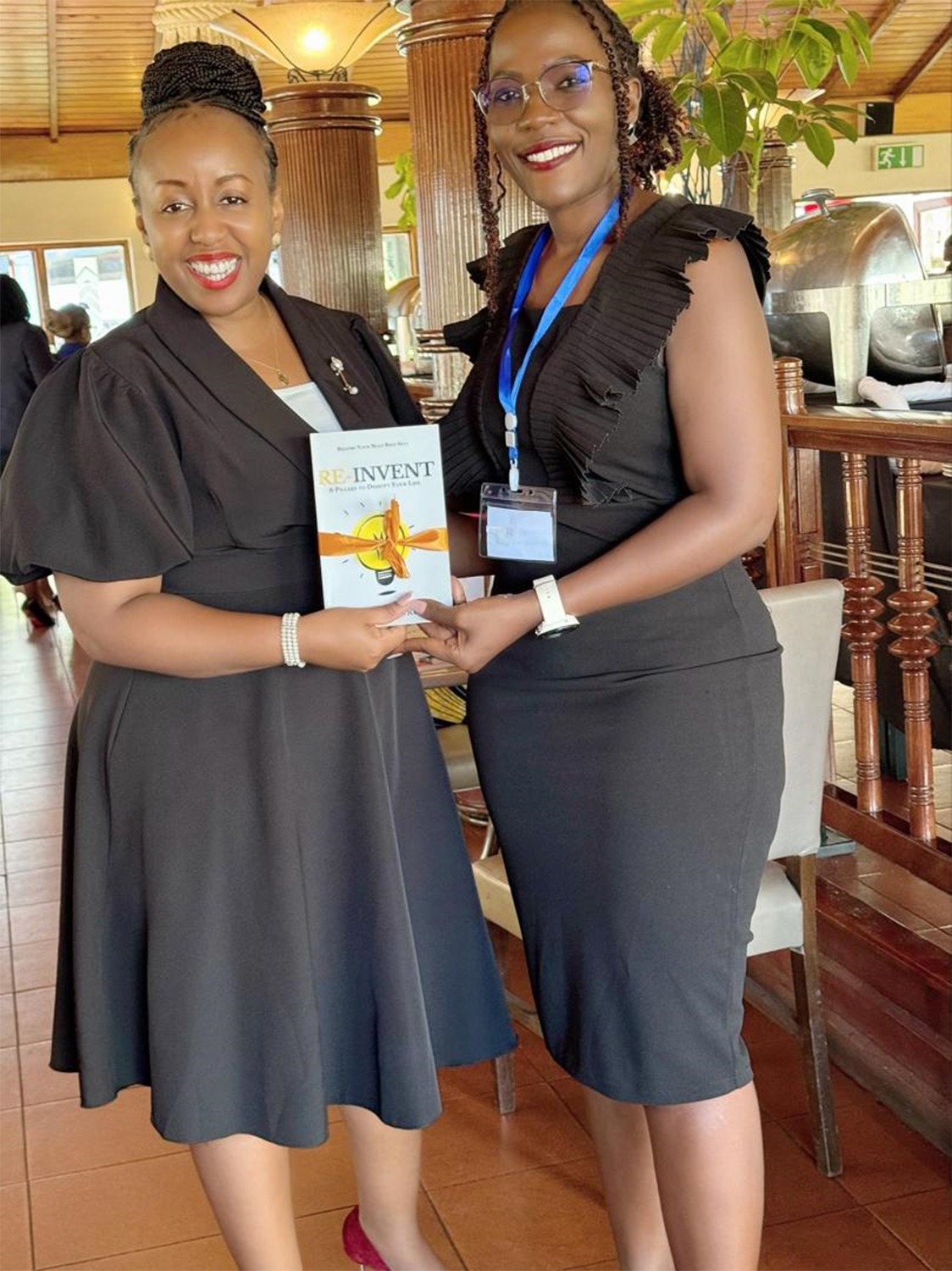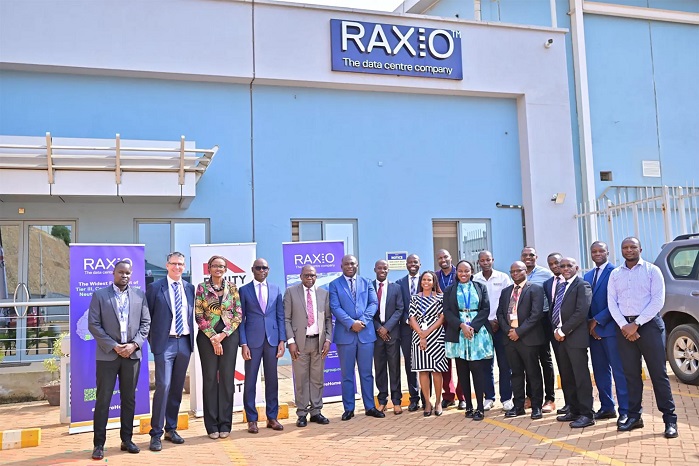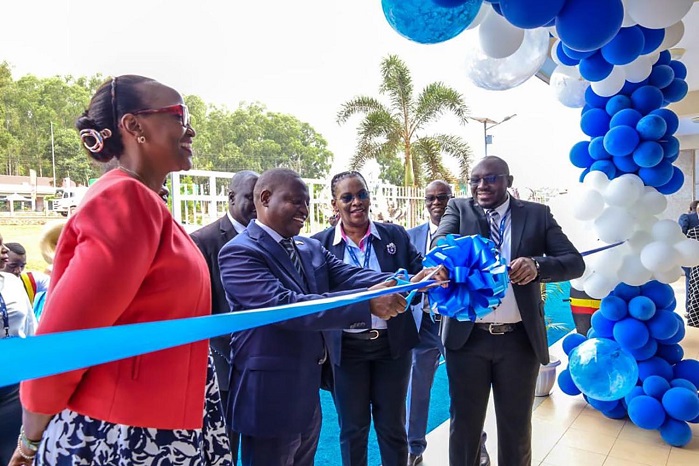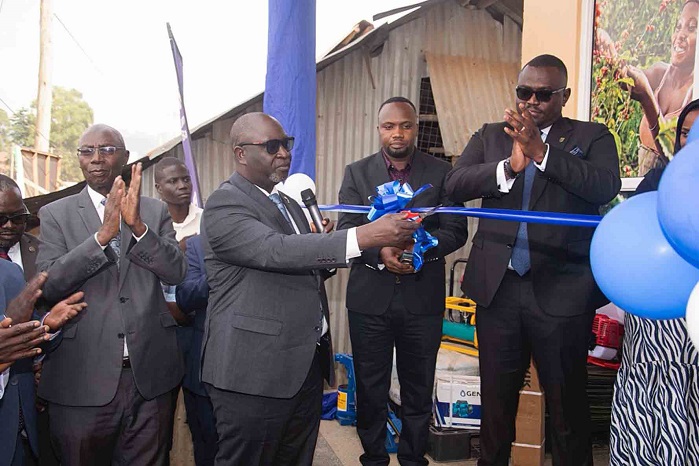
HABARI DAILY I Kampala, Uganda I Diana Nabukenya Adeyemi, Co-founder and CEO of Richland Foods Ltd, is the trailblazing entrepreneur behind the Yo ‘Nyama brand — a fast-growing network of halal butchery kitchens in Uganda.
Her journey, which began during the COVID-19 pandemic, has turned a family livestock operation into a modern, value-added meat processing business. Diana shares insights into her journey, challenges in Uganda’s male-dominated agribusiness space, and the transformational impact of participating in dfcu Bank’s Rising Woman Initiative.
Q: What inspired you to start Richland Foods Ltd?
A: I launched Richland Foods in 2020 during the lockdown. I was driven by passion for clean, safe, and high-quality meat. My experience abroad opened my eyes to Uganda’s poor meat-handling practices, and I knew we could do better. With our family’s livestock farm already in place, we built a direct-to-consumer model to eliminate exploitative middlemen, launching Yo ‘Nyama — a halal, modern meat brand rooted in food safety and customer trust.
Q: What major challenges did you face, especially as a woman in agribusiness?
A: Being a woman in this male-dominated sector came with doubts, pushbacks, and exploitation, particularly from middlemen. Balancing full-time job I held else where while bootstrapping the business was exhausting. Financing was tough, especially for equipment, and managing people without formal HR systems was another hurdle. The lack of regulation in meat processing also meant competing with informal players who cut corners.
Q: What values guide your leadership and business decisions?
A: Integrity, customer focus, and accountability are at our core. Personally, I lead with passion and persistence. Agility is also key. We adapt quickly to changing trends and customer needs, which has helped us evolve from raw meat sales to ready-to-eat, smoked meat offerings that stand out in the market.
Q: What makes Richland Foods unique in the agricultural value chain?
A: Yo ‘Nyama is more than a butchery. We’re innovating with slow-smoked meats, marinated cuts, sausages, and more. Our value-addition approach ensures quality, food safety, and import substitution. We smoke meats for 12–24 hours for tenderness and flavour, giving customers healthier, locally-produced alternatives.
Q: How do you source your raw materials? Do you work with local farmers?
A: Yes. We work with over 100 directly registered farmers in Kampala, Wakiso, and Mukono, and our farm in Zirobwe supplies poultry, eggs, and vegetables. We also partner with smallholder farmers for potatoes, spices, and herbs. Our value chain supports both rural farmers and urban customers.
Q: How did you learn about the dfcu Rising Woman Initiative, and why did you apply?
A: A friend encouraged me to attend a Women in Business event at dfcu. I was inspired by the message. We applied, leveraging our improved pitch skills and the experience was transformational.
Q: What was your experience during the dfcu Rising Woman program?
A: It was eye-opening. The judges’ feedback pushed us to adopt halal certification, now central to our brand. The Nairobi exposure trip connected me with inspiring women entrepreneurs and reaffirmed that being a woman is not a limitation, but an edge.
Q: What impact did being ranked in the top 10 have on your business?
A: It validated our work and opened doors. It proved that you don’t need shortcuts to succeed — just a clear vision, integrity, and consistency.
Q: What measurable impact has Richland Foods had so far?
A: We supply over 500 homes weekly, directly support 100+ farmers, and have indirectly worked with nearly 1,000 over five years. We employ 20+ staff directly, 50+ indirectly — from delivery riders to rural animal traders and packers. Our business is an ecosystem that supports livelihoods across the value chain.
Q: How did the dfcu Rising Woman Initiative help you refine your strategy?
A: This initiative helped unlock new opportunities for us. It’s a platform for visibility, mentorship, and long-term growth. As a woman entrepreneur, I believe this kind of support is what transforms potential into power.




